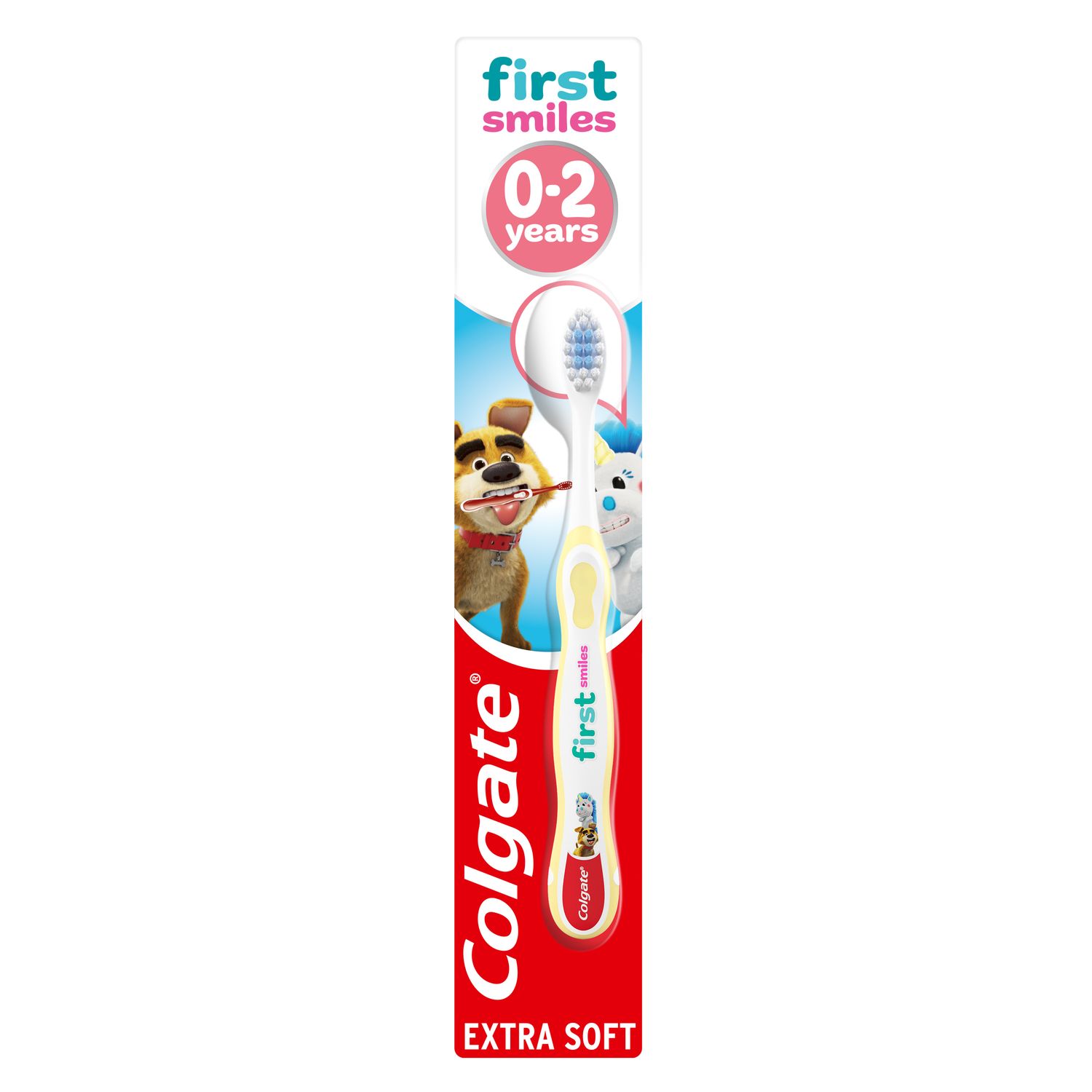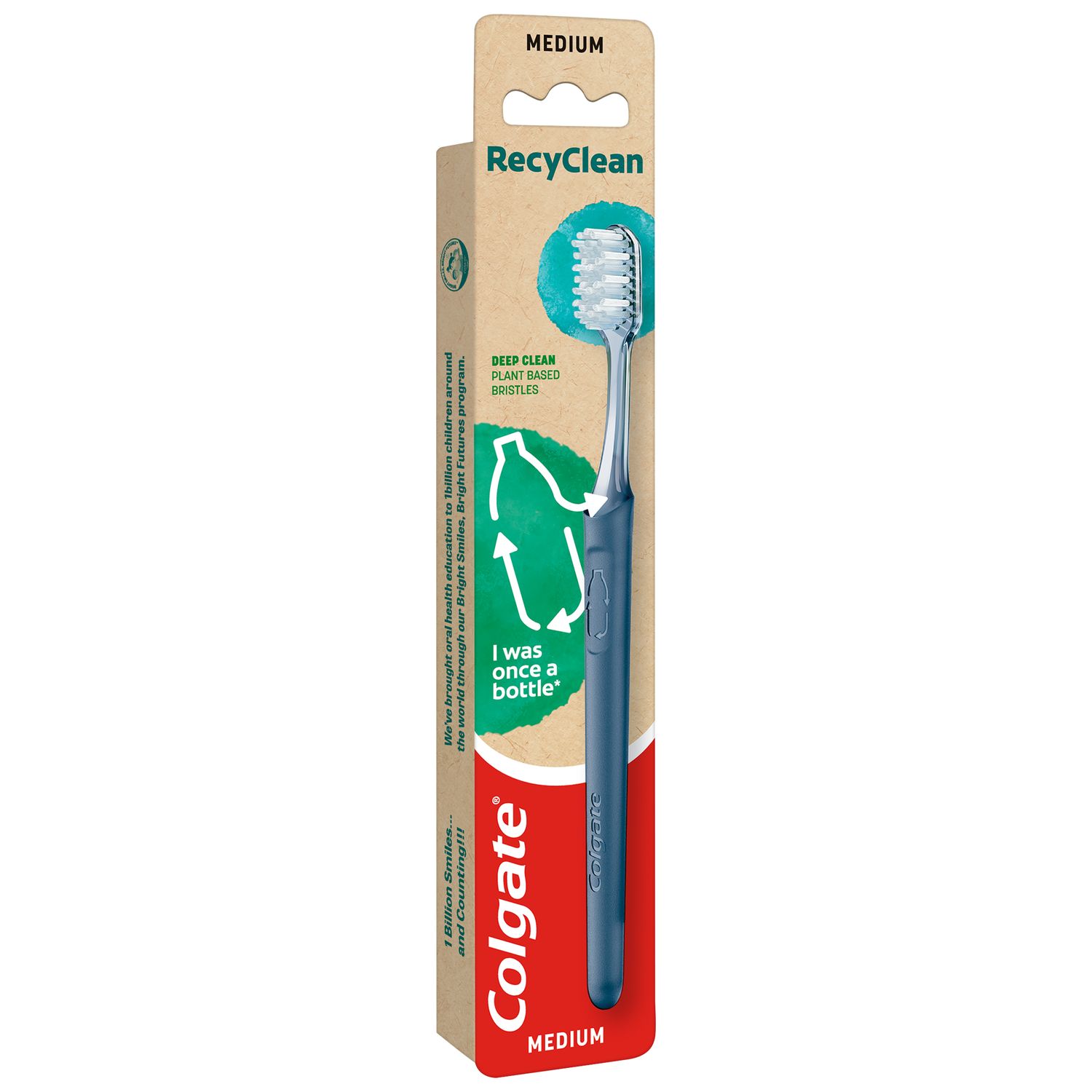What Is Tooth Sensitivity?
The crowns, or the part of the teeth above your gum line, are covered with a layer of protective enamel, while the roots below your gum line are protected with a material called cementum. Underneath the enamel and cementum is dentin, which is less dense than the protective coverings. The dentin contains microscopic canals called dentin tubules, and when enamel or cementum wears away or becomes damaged, it exposes the dentin. When your gums recede and expose the dentin, the tubules allow fluid to flow in them and are affected by heat and cold causing the nerves in the tooth to have sensitivity and pain.
What Causes It?
Why would the enamel or cementum wear away? You may be consuming too many acidic foods and beverages, brushing your teeth too aggressively, or overusing certain tooth-whitening products. However, with extremely sensitive teeth, or hypersensitivity, the more likely causes are those that expose more dentin, such as tooth decay, worn fillings or fractured teeth.
In-Office Treatment
Because extremely sensitive teeth are frequently caused by a more complex dental problem, it's important to see a dentist and have the issue treated directly. This may involve a crown, inlay or bonding, depending on the problem. If you have gum disease that has progressed to a chronic or advanced stage, you'll need to treat this as well.
If you have lost gum tissue from the root, your dentist may recommend a surgical gum graft to cover the roots, so they're protected again. If you have persistent and severe sensitivity, an x-ray should be taken to determine if a root canal could be the issue, which removes the nerve so it's no longer there to cause you pain.
At-Home Treatment
You can also find some relief from a desensitising toothpaste. There are various products that contain ingredients that help protect the tooth surface. Your dentist might also recommend a fluoride gel treatment, which strengthens your current tooth enamel, decreasing the sensations sent to the nerve.
ORAL HEALTH QUIZ
What's behind your smile?
Take our Oral Health assessment to get the most from your oral care routine
ORAL HEALTH QUIZ
What's behind your smile?
Take our Oral Health assessment to get the most from your oral care routine













